Myths about teaching can hold you back
- Year 10
- AQA
- Foundation
Different speeds (v=s/t)
I can describe how to calculate average speed, instantaneous speed and relative speed and estimate the speed of everyday things.
- Year 10
- AQA
- Foundation
Different speeds (v=s/t)
I can describe how to calculate average speed, instantaneous speed and relative speed and estimate the speed of everyday things.
These resources will be removed by end of Summer Term 2025.
Switch to our new teaching resources now - designed by teachers and leading subject experts, and tested in classrooms.
These resources were created for remote use during the pandemic and are not designed for classroom teaching.
Lesson details
Key learning points
- Average speed = distance / time.
- The speed of sound in air is about 330 m/s.
- Scalar quantities have magnitude only.
- Speed and distance are scalar quantities.
- Relative speed is the speed an object is moving towards or away from another object, which may also be moving.
Keywords
Average speed - The average speed of an object is the distance it travels each second (m/s). It is a scalar quantity.
Instantaneous speed - The instantaneous speed of an object is the speed at a particular moment.
Scalar quantity - Some quantities only have magnitude (size), and not direction. This includes distance and speed.
Magnitude - A scalar quantity only has magnitude (size).
Relative speed - The relative speed of objects is the difference in their speeds taking into account direction of movement.
Common misconception
Pupils often do not have an understanding of what moving at a particular speed means in the real world, and treat answers as ‘just numbers’.
Use real world examples of speeds through examples and questions asked (N.B. 10 m/s is approximately 20 miles per hour).
To help you plan your year 10 physics lesson on: Different speeds (v=s/t), download all teaching resources for free and adapt to suit your pupils' needs...
To help you plan your year 10 physics lesson on: Different speeds (v=s/t), download all teaching resources for free and adapt to suit your pupils' needs.
The starter quiz will activate and check your pupils' prior knowledge, with versions available both with and without answers in PDF format.
We use learning cycles to break down learning into key concepts or ideas linked to the learning outcome. Each learning cycle features explanations with checks for understanding and practice tasks with feedback. All of this is found in our slide decks, ready for you to download and edit. The practice tasks are also available as printable worksheets and some lessons have additional materials with extra material you might need for teaching the lesson.
The assessment exit quiz will test your pupils' understanding of the key learning points.
Our video is a tool for planning, showing how other teachers might teach the lesson, offering helpful tips, modelled explanations and inspiration for your own delivery in the classroom. Plus, you can set it as homework or revision for pupils and keep their learning on track by sharing an online pupil version of this lesson.
Explore more key stage 4 physics lessons from the Measuring and calculating motion unit, dive into the full secondary physics curriculum, or learn more about lesson planning.

Content guidance
- Depiction or discussion of sensitive content
Supervision
Adult supervision recommended
Licence
Prior knowledge starter quiz
6 Questions
Q1.Members of a running group compared their times to complete a park run.
Use the times to put the runners in order of decreasing speed, starting with the fastest.
Q2.Which of the following is not a valid unit for speed?
Q3.Match the activity to the typical speed for that activity.
1.5 m/s
3 m/s
6 m/s
30 m/s
80 m/s
500 m/s
Q4.Two cyclists are racing up a hill. Cyclist A has a speed of 20 m/s and cyclist B travels 48 metres in 3 seconds.
If the cyclists continue to travel at these same speeds, which statement is correct?
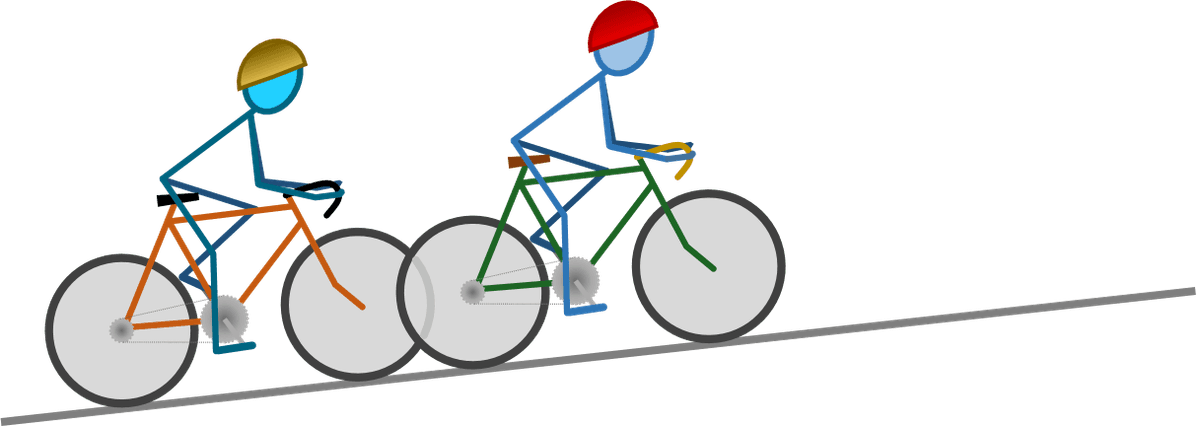
Q5.Which of these distance–time graphs shows the motion of a stationary object?
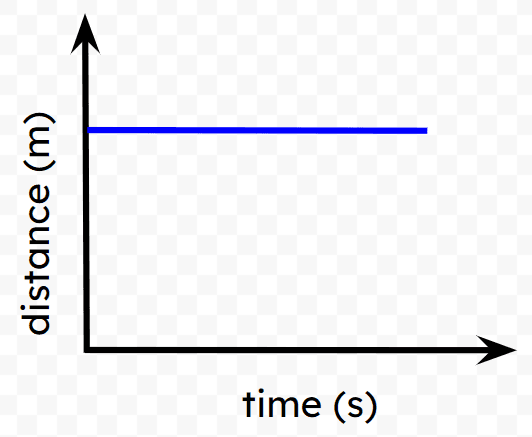
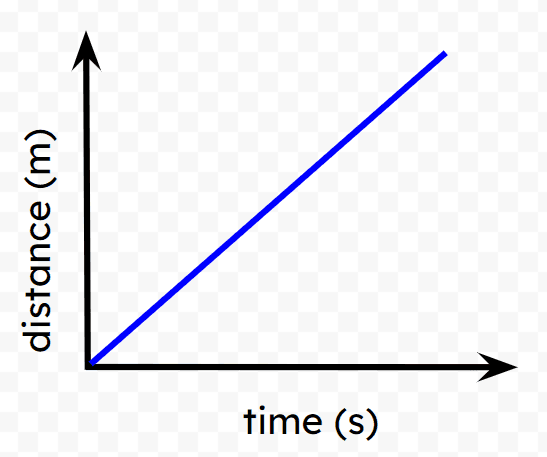
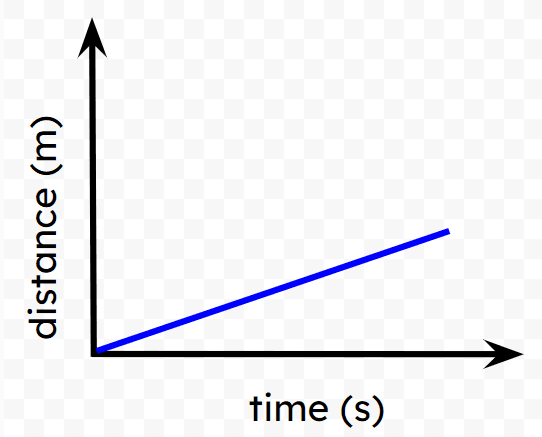
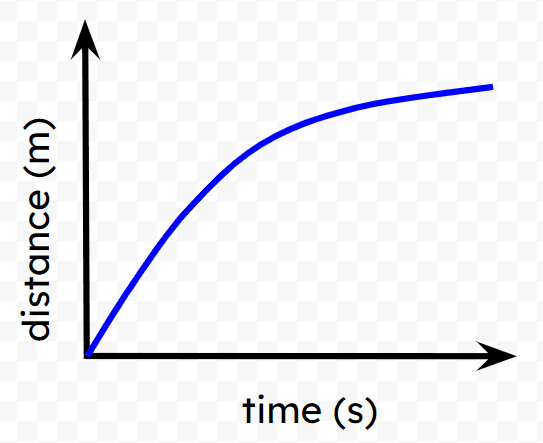
Q6.The motion of two cars, A and B, has been displayed on a distance–time graph.
Which statement about the two cars is correct?
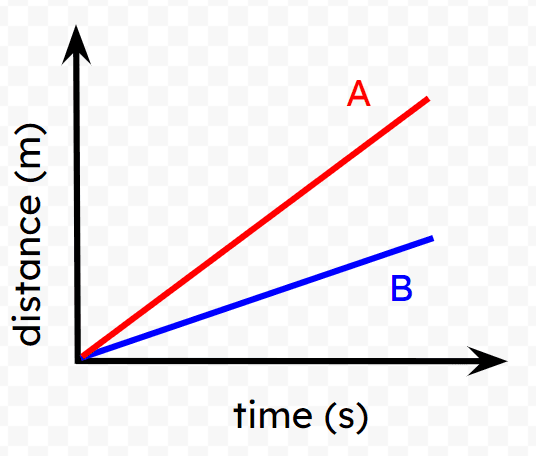
Assessment exit quiz
6 Questions
Q1.Match the key words or phrases to their definitions.
the average distance travelled every second
the speed of an object at a particular moment of time
the size of a quantity
a quantity that has only magnitude (not direction)
the speed of one object compared to the speed of another object
Q2.Match the activity to the typical speed for that activity.
3 m/s
1.5 m/s
6 m/s
0.5 m/s


